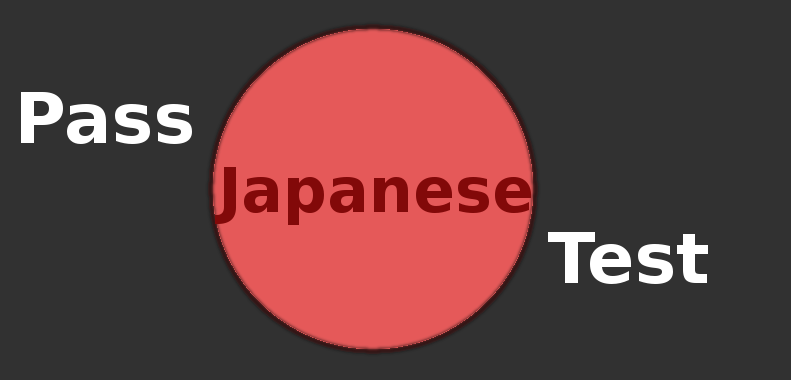Use the tables below to learn and review I-Adjective (I-Adj) and Na-Adjective (Na-Adj) conjugations for the JLPT N5.
Compared to verb conjugations (see this article on JLPT N5 verb conjugations), adjective conjugations are relatively easy. The fastest way to learn adjective conjugations is to memorize two examples: one I-Adj and one Na-Adj. Then when you need to conjugate a new word, simply compare to the appropriate example.
I-Adj Conjugation
| Plain | Polite | |
|---|---|---|
| The Word | 早い | |
| Present | 早い | 早いです |
| Negative | 早くない | 早くないです 早くありません |
| Past | 早かった | 早かったです |
| Past Negative | 早くなかった | 早くなかったです 早くありませんでした |
As the name suggests, all I-Adjs end with い. I think that all of the conjugations are pretty straight forward, so I’ll point out a few things that I find interesting.
I-Adj Plain Form
Plain form conjugations are straight forward. Simply follow the example in the table above, replacing the い with the desired pattern (くない, かった, くなかった).
One interesting thing to note is that the past negative form is a conjugation of the negative form. What I mean is that to get the past tense of an I-Adj, you replace い with かった. The exact same thing is happening when you start with the negative form and conjugate to the past negative. 早くない ⇉ 早くなかった.
I-Adj Polite Form
The first thing I’d like to point out is that all plain forms can be made polite by simply adding です.
Second, take a look at the negative plain (~くない) and negative polite (~くありません) forms. You may have learned elsewhere in your Japanese studies that ありません is the polite form of ない. For example, ペンがない ⇆ ぺんがありません. These may look like two separate cases, but linguistically they are the same. ありません can be used as the polite form of ない whenever you find ない as the negative at the end of a word.
Na-Adj Conjugation
| Plain | Polite | |
|---|---|---|
| The Word | 元気 | |
| Present | 元気だ | 元気です |
| Negative | 元気じゃない
元気ではない |
元気じゃないです 元気じゃありません 元気ではないです 元気ではありません |
| Past | 元気だった | 元気でした |
| Past Negative | 元気じゃなかった
元気ではなかった |
元気じゃなかったです 元気じゃありませんでした 元気ではなかったです 元気ではありませんでした |
Na-Adjs are so called because you add a な to use it as a modifier. Ex. 元気な人. For conjugation purposes, Na-Adjs are essentially the same as nouns.
